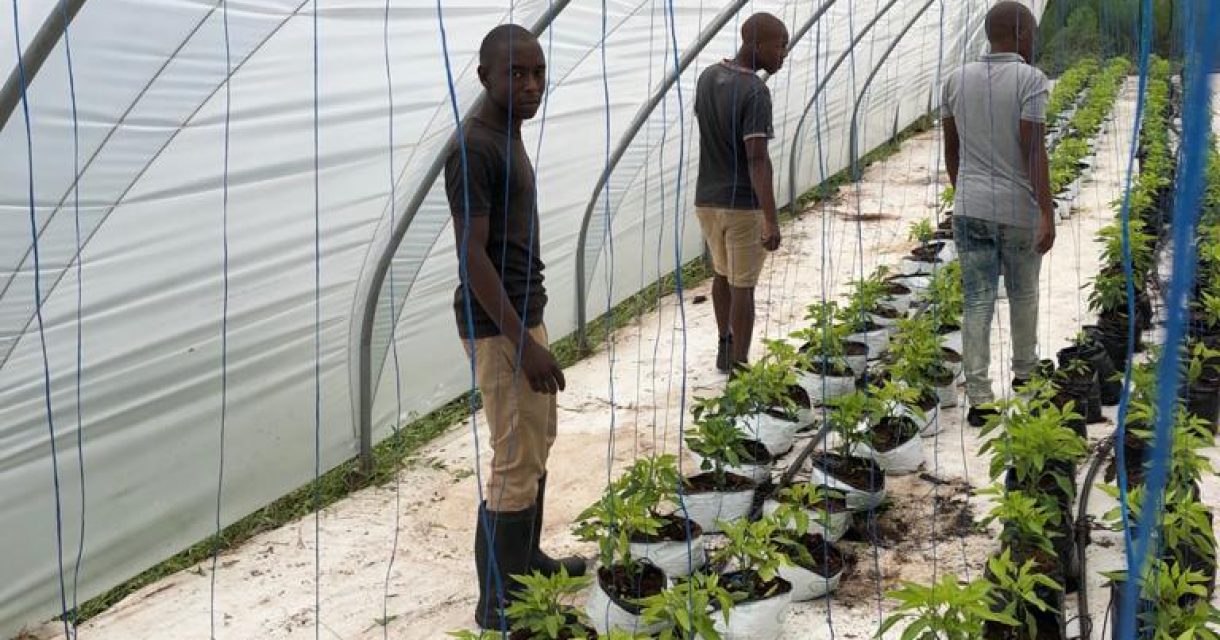
South Africa Training
While the agricultural sector in South Africa is a major engine of economic growth, employs 900.000 people and was regarded (in 2015) as leading job creator, it is also a sector that shows major gaps between the acquired competencies of school leavers (especially vulnerable groups), and competencies required by industries in the agricultural sector. This “skills gap” can be found in primary production (e.g. how to deal with changing climatic conditions affecting agriculture; how to make use of the opportunities of land reform programmes) as well as in agri- business development (e.g. how to increase entrepreneurial skills amongst young school leavers finding employment in the sector). The project tackles this skills gap with pilot approaches in the poultry, dairy and piggery sector in KZN and the horticulture sector in WC by bringing together educational institutes from all levels and industry in one learning-oriented network. The initiative is meant to offer students practical teaching and exposure to relevant sectors to increase employability. Simultaneously, it increases the chances of the industry to find the competent staff they are looking for in order to increase production. This win-win concept is expected to be the key to sustained success for SA agribusiness and employment.
Long-term impact:
- Promote agricultural growth
- Create ecologically sustainable food systems
- Reduce malnutrition
The partnership between the RSA and the Dutch partners (organised in the Borderless Network) is partly longstanding, partly recently brokered. Aeres and WCDI have worked with ATIs in the TACATI project; WCDI has worked for 5 years with Stellenbosch University in the SASA project. HAS worked in past years with Stellenbosch, exchanging students. The RSA private sector partners came on board during round table meetings organised with assistance of the Netherlands Embassy in Pretoria in support of a scoping exercise by the Borderless network.
The partnership is meant to link the Dutch “green education column” with one in RSA, and jointly design and roll-out educational models that maximise the linkages between what the industry requires in terms of competencies of their future staff, and how the educational institutes from FET to university level can best build those competencies amongst students. The project will promote a learning network at both sector and cross-sector level partly by forging strong relationships between the stakeholders, partly by investing in organisations and physical locations representing the 4 target sectors to help industry and education partners to meet, and by jointly develop demo sites, attachments, and other forms of industry-education collaboration:
- Educational institutes get access to representative labour practice sites, thereby improving quality of education by allowing students to practice in real life situations;
- The industry can infuse education with labour market demands and future challenges (climate smart agriculture, inclusive development, sustainable production), and therefore have better access to skilled staff;
- South African education institutes (staff and students) get access to Dutch education and vocational training models with proven effectiveness;
- Dutch staff and students get access to the RSA agricultural education sector to increase their international experience.This obvious reciprocity in direct response to the problems of the agricultural sector guarantees both ownership and project sustainability.